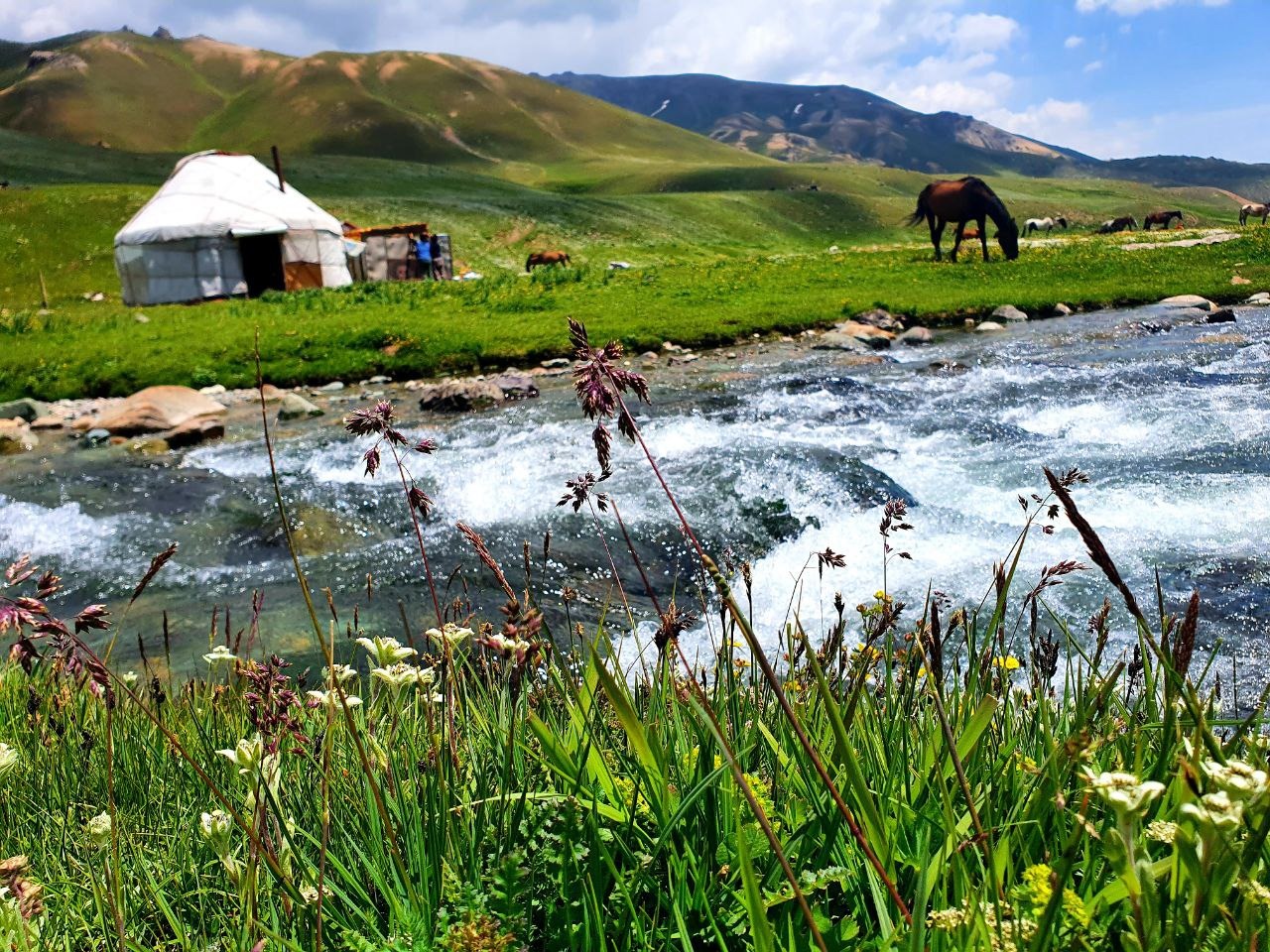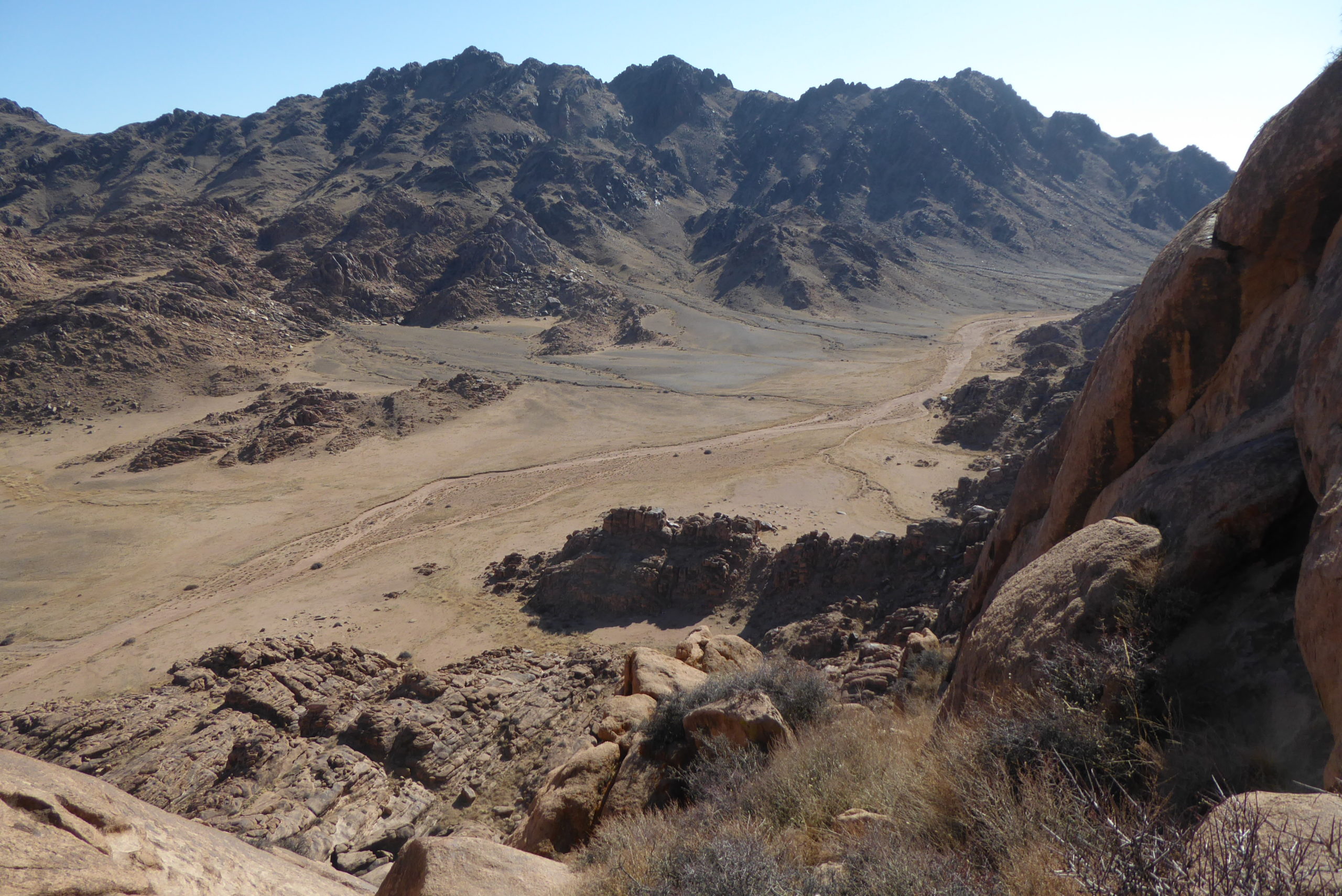This webinar highlights the importance of community-led conservation in safeguarding the snow leopard and its habitat. Through generations, local communities and indigenous people have played a crucial role in preserving the environment, and their traditional practices and knowledge can greatly contribute to the protection of natural resources and biodiversity. This webinar delves into community-based approaches to conservation and showcase the Community Responsible Area (CRA) model being implemented in Mongolia. By exploring this model, we can explore strategies to protect threatened species such as the snow leopard while also supporting sustainable livelihoods for local people.
The webinar focuses on an innovative approach to conserving the natural resources of Mongolia and protecting its wildlife, including the elusive snow leopard. Since 2009, the Snow Leopard Conservation Foundation has been working to secure the legal rights of communities to manage their pastoral land and sustainably use its resources. This involves mapping and delineating Community Responsible Areas (CRAs) based on traditional resource use and grazing patterns. The CRAs are managed through local communities with legal entities, and their aim is to promote sustainable pasture management, secure legal land rights, and support livelihood-linked conservation activities. The webinar showcases the progress made in implementing the CRA approach across Mongolia and shares inspiring community stories that demonstrate the approach’s effectiveness.

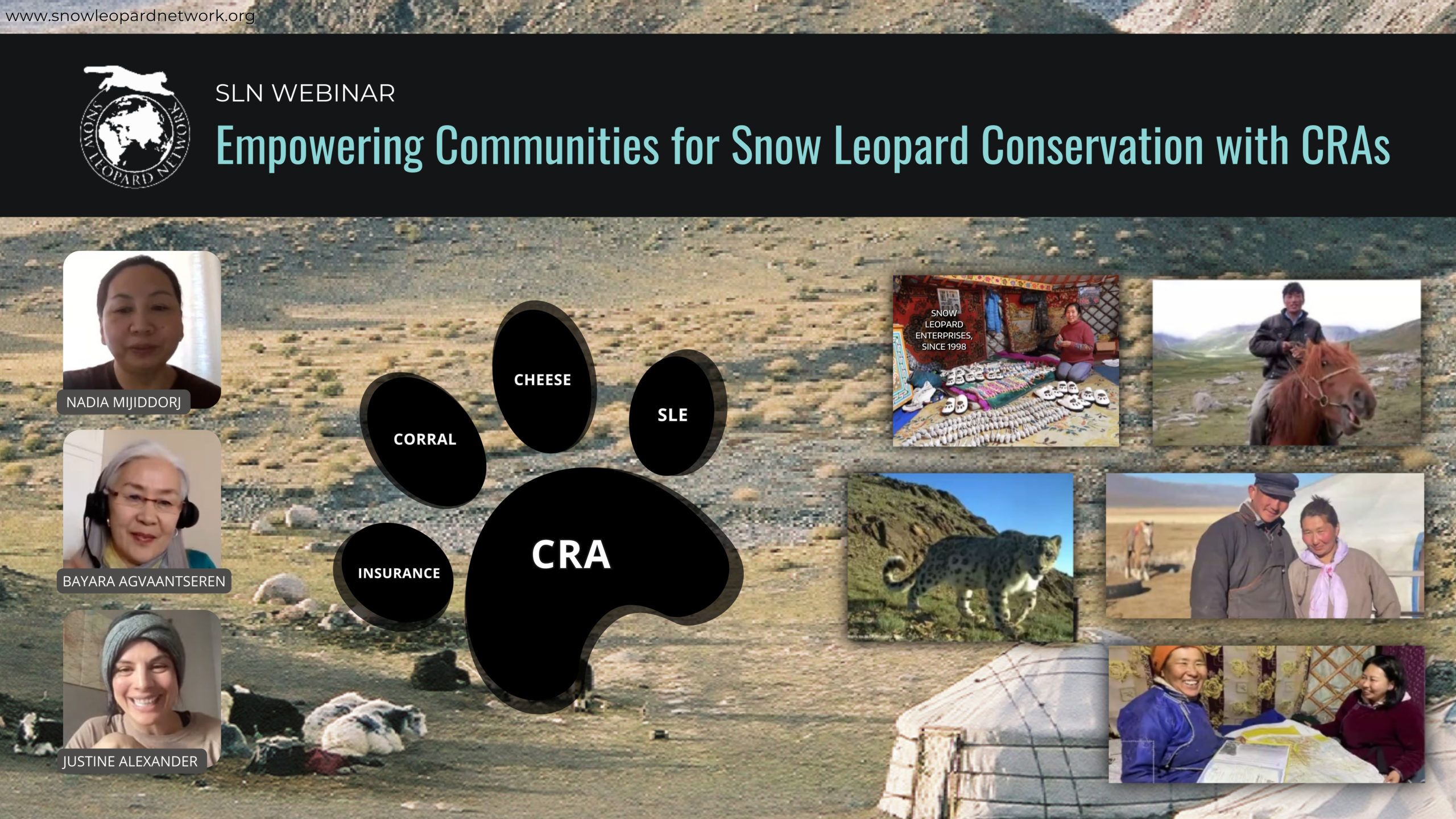
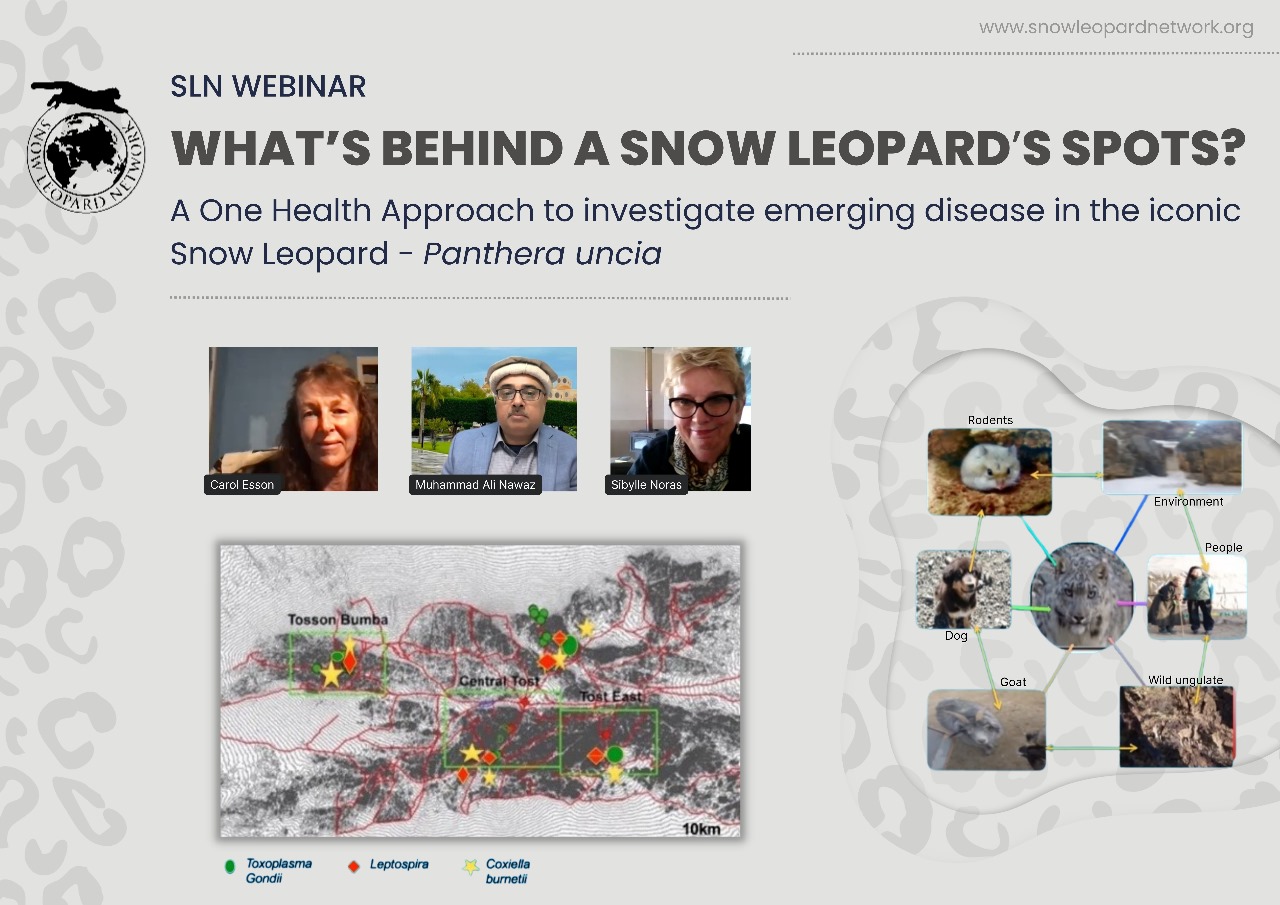
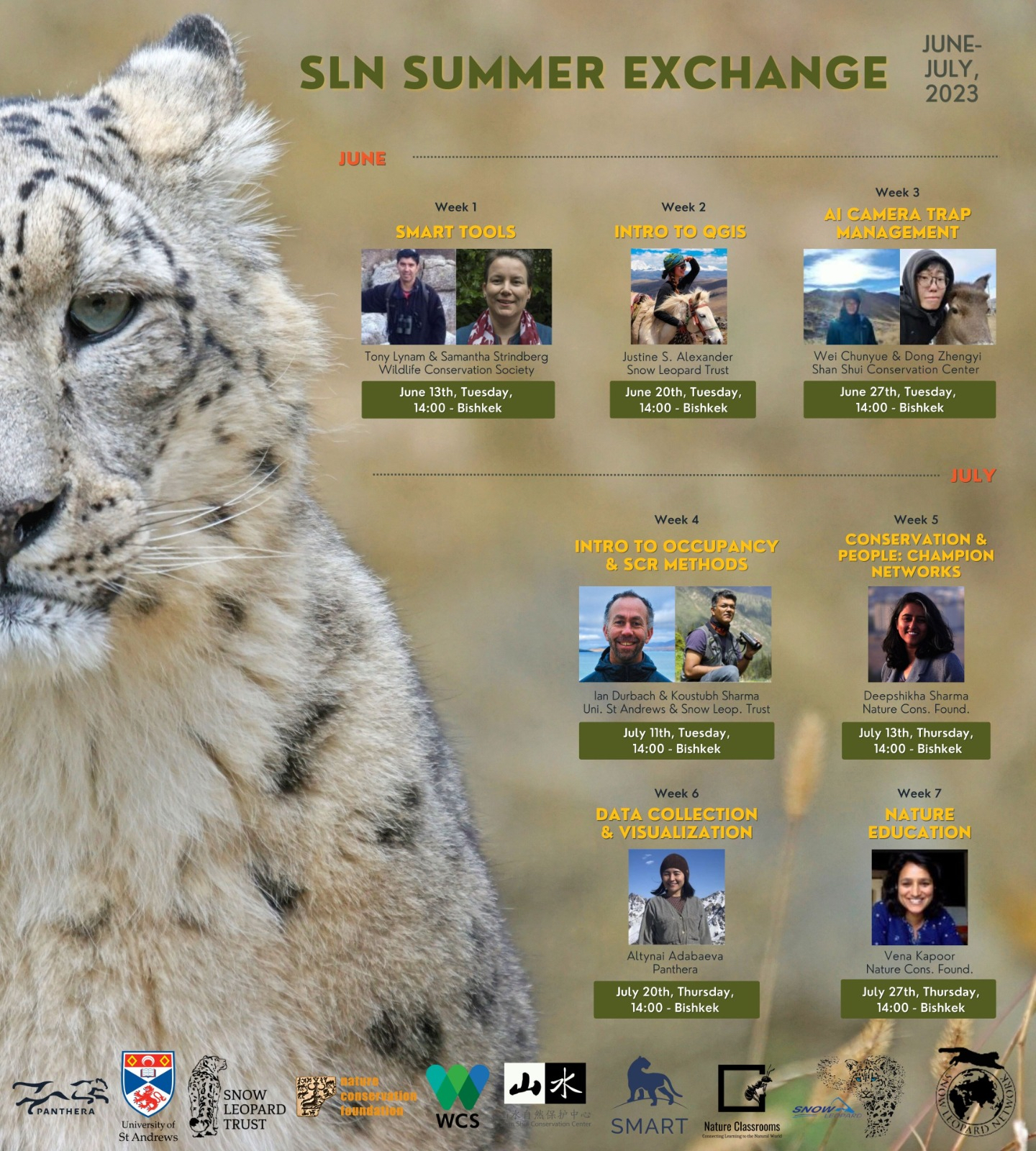
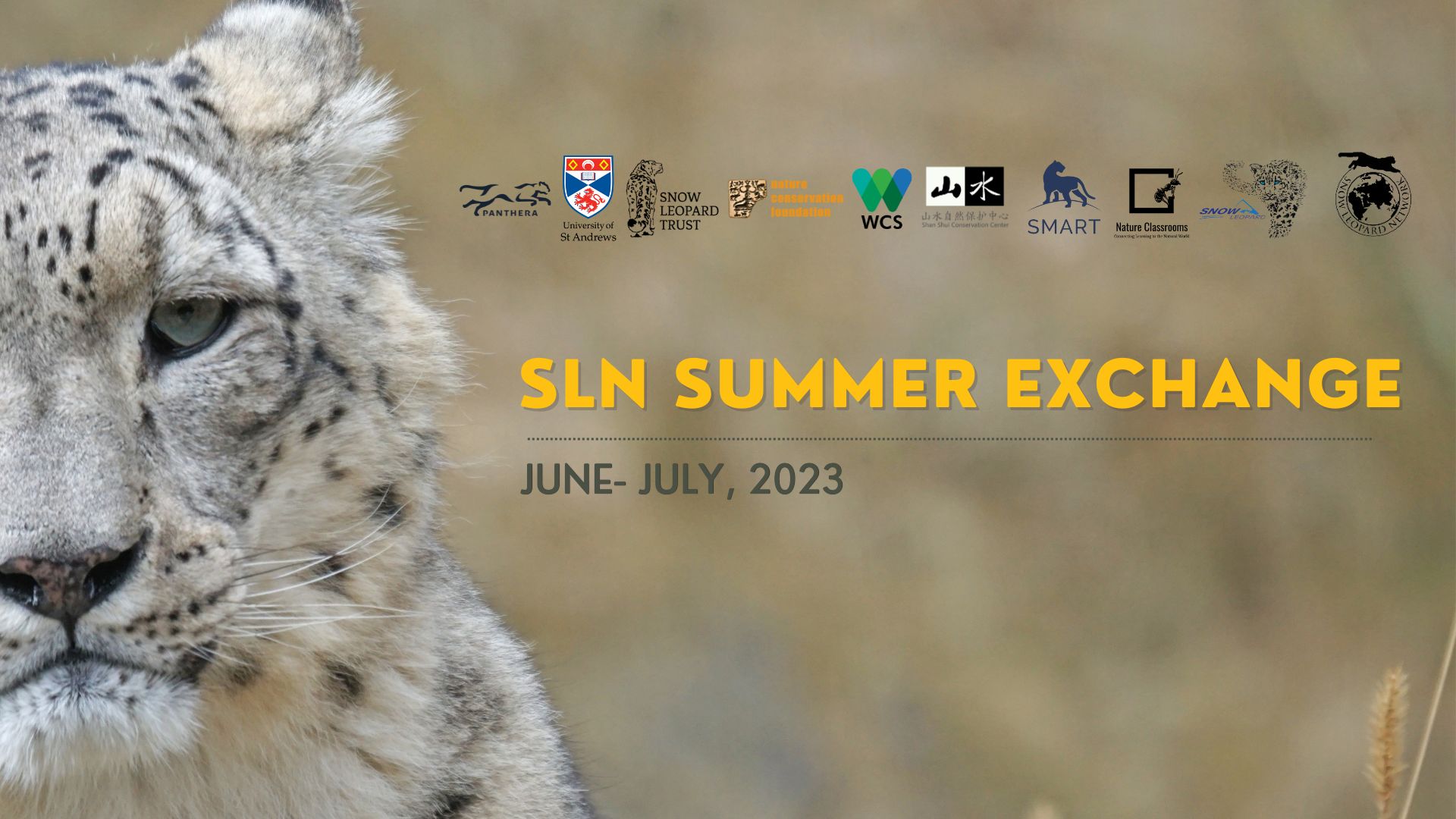 Welcome to the SLN Summer Exchange 2023 – A training initiative by the Snow Leopard Network.
Welcome to the SLN Summer Exchange 2023 – A training initiative by the Snow Leopard Network.